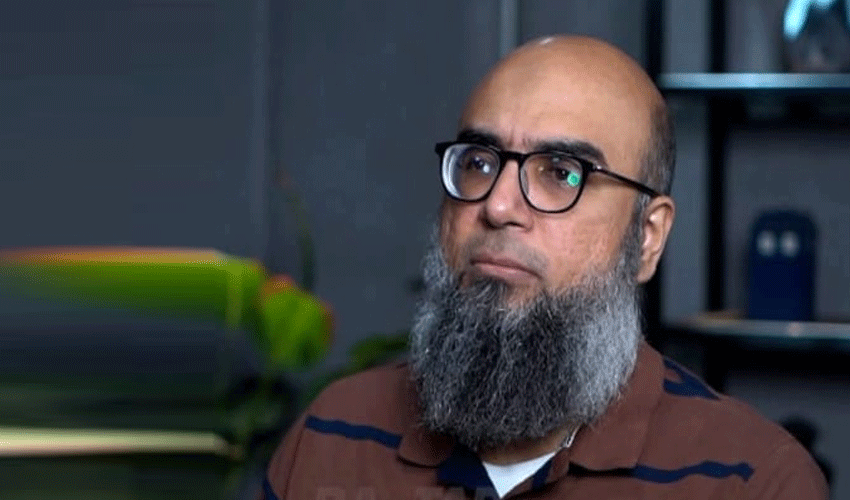The National Assembly speaker has taken decisive action by suspending eight security officials following reports of unauthorized persons entering the Parliament House.
The suspensions were ordered after Defence Minister Khawaja Asif lodged a formal complaint, highlighting significant breaches in security protocols.
According to sources within the National Assembly, the suspended officials were stationed at the entrance gates of Parliament House. These officials reportedly allowed unrelated individuals to enter the premises without proper identification cards. The speaker has directed the sergeant-at-arms to conduct a thorough inquiry into the matter.
The security lapse came to light when these unauthorized persons not only entered the Parliament House but also managed to reach the doors of the assembly hall without undergoing appropriate security checks. Assembly sources revealed that these individuals forcibly stopped ministers and members, demanding photographs and causing disruptions.
Also Read: New security SOPs for Parliament House: Non-essential people, videos banned
The incident has raised serious concerns about the effectiveness of the current security measures in place at one of the most sensitive and high-profile buildings in the country.
The National Assembly Secretariat recently rolled out new security standard operating procedures (SOPs) for the Parliament House, aimed at reducing congestion and enhancing security. As per the new directives, entry of non-essential persons is strictly prohibited, and a ban has been placed on video recording by TikTokers, vloggers, and YouTubers within the Parliament House building.
The speaker of the National Assembly has taken notice of the excessive crowding at Gate No. 1, which prompted these measures. The new SOPs are part of a broader initiative to streamline access and ensure the safety and efficiency of parliamentary operations.
A significant aspect of these SOPs includes a warning to media representatives. Journalists are now forbidden from stopping and engaging lawmakers in conversations within the corridors. This move aims to ensure that lawmakers can carry out their duties without unnecessary interruptions.



























